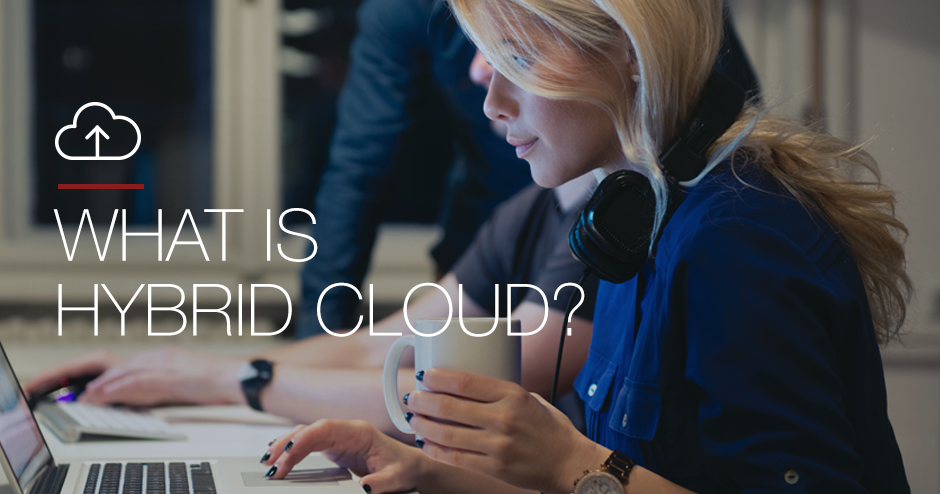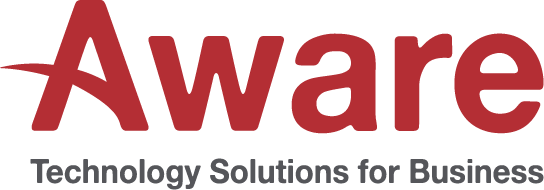
29 Aug What is Hybrid Cloud?

Hybrid cloud is the combination of at least 2 cloud environments (usually private, community or public) that remain unique but work together to provide benefits for an individual or business. Hybrid Cloud environments allow each separate environment to perform distinct functions but work together within the same organization.
The different environments provide benefits ranging from cost and security to efficiency and speed. A hybrid cloud environment means you can mix and match a solution to better match the needs of your business.
For instance, you could have employed a public cloud environment for non-sensitive operations like a website, and rely on a private cloud operation for sensitive information that you want to keep as secure as possible, like a customer and sales database. With a hybrid cloud, all cloud environments are seamlessly integrated with each other to help avoid security risks and technical issues.
Hybrid cloud is a benefit for dynamic operations with highly changeable workloads. For example, an order system that has steady demand throughout the year, but high demand spikes in the holiday season. An application like this could run in an exclusively private cloud, using a cloud burst mechanism when application demand spikes. The benefits of a cloud burst deployment is that a company will only pay for hybrid resources when it needs it.
Another use case could analytical reporting where your private data could be held privately, for instance, critical business operations data – while the analytical queries could be run in the public cloud.
Hybrid cloud developments enable the flexibility and scalability of public cloud – which means your company can accommodate seasonal or irregular demand spikes without the huge outlay of hardware, software, and employee expenditure.
While the benefits of hybrid cloud are evident, there are technical and security risks. While it does have several advantages over public clouds it still suffers from the same privacy and security issues that have plagues virtually all cloud platforms. Information that is transferred across networks could be subjected to third party interference, if not properly designed.
If you would like to know more about cloud security or setting up a hybrid cloud environment of your own, speak to Aware today.
- SAP Business One Vs Microsoft Dynamics 365 - November 12, 2021
- SAP Business One in Manufacturing - November 4, 2021
- 5 Benefits of SAP B - October 20, 2021
- What is SAP Business One? - October 11, 2021
- Digital Marketing Plan for International Schools: Targeting Effectively - August 10, 2021
- Track Contact Form 7 Submissions & Link Google Analytics Goals - September 14, 2020
- Audience Reporting Explained: How Do I Use it for My Business? - July 2, 2020
- What is Realtime Reporting in Google Analytics & What’s the Real Business Benefit? - June 29, 2020
- What is the Difference Between Business Continuity & Disaster Recovery? - April 2, 2020
- The Best WFH Business Software Solutions for Remote Employees - March 30, 2020



